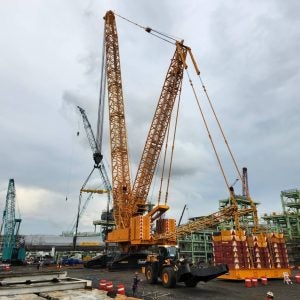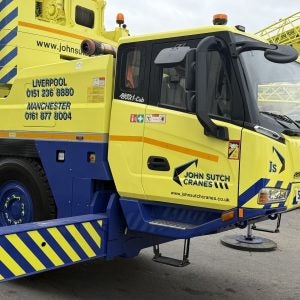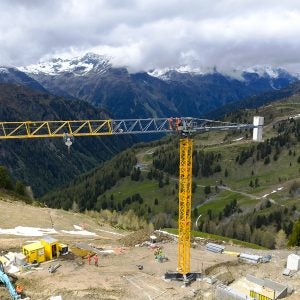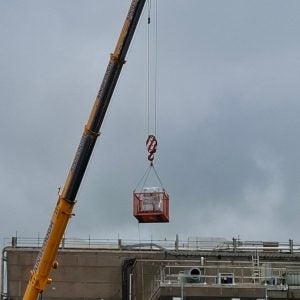The company plans to cut costs this year by EUR100m from 2008 levels. At the same time, it continues to invest, with ten new businesses joining the fold in 2009.
In 2009, the company cut more than 1,600 jobs and closed three crane manufacturing sites, in Germany, the US and the UK. At the same time, it made ten acquisitions, including businesses in Austria, China and South Africa. The new acquisitions included 1,100 personnel. Over the year, Konecranes total headcount fell by 122 to 9,782.
The company announced a new restructuring programme. As of 2010, the company now has two business units, equipment and service. The results for 2009 reflect the old structure, with three units for service, standard lifting and heavy lifting.
Net sales in the service business area were 11.5% lower, at EUR667.2m. Operating profit was EUR73.5m excluding restructuring costs, or 11.0% of net sales. Orders received were down 24.3% to EUR498.4m. Order book stood at EUR75.9m at the end of the year. At the end of 2009, Konecranes was contracted to maintain 362,966 units of equipment, up from 359,811 at the end of 2008.
Net sales in the standard lifting business area were 21.9% lower, at EUR652.2m. Operating profit was EUR65.3m excluding restructuring costs or 10.0% of net sales. Order intake was down 39.8% to EUR517m, with the year end order book worth EUR192.1m, from EUR327.9m at the end of 2008.
Net sales in the heavy lifting business area were down 27.3%, at EUR 479.1m. Operating profit was EUR 36.7m excluding restructuring costs, or 7.7% of net sales. The company reported an increase in orders in the fourth quarter, up 12.9% from the same period in 2008, and up 42.6% from the third quarter 2009. However, the company acknowledged these figures were boosted by a limited number of large single orders. Over the year, heavy lifting orders were down 38% to EUR425.1m, from EUR686m in 2008. At the end of the year, order book stood at EUR353.8m, down 15.8% from EUR420.2m.
The company’s board reported that, “virtually half of the equipment market disappeared compared to 2008. Few significant differences occurred in demand between regions in 2009, with the exception of China, where the continued economic growth boosted by major government stimulus packages resulted in a higher level of investment.”
Overall, the group’s order book stood at EUR607m at year-end, from EUR836.3m at the end of 2008, a 24.7% fall. The value of orders outstanding fell on a quarter-by-quarter basis: at the end of the third quarter it had stood at EUR638.4m.
Consolidated operating profit in full year 2009 was EUR97.9m, including restructuring costs of EUR20.9m. The group’s consolidated operating margin declined to 5.9%, almost exactly half last year’s margin of 11.8%.






